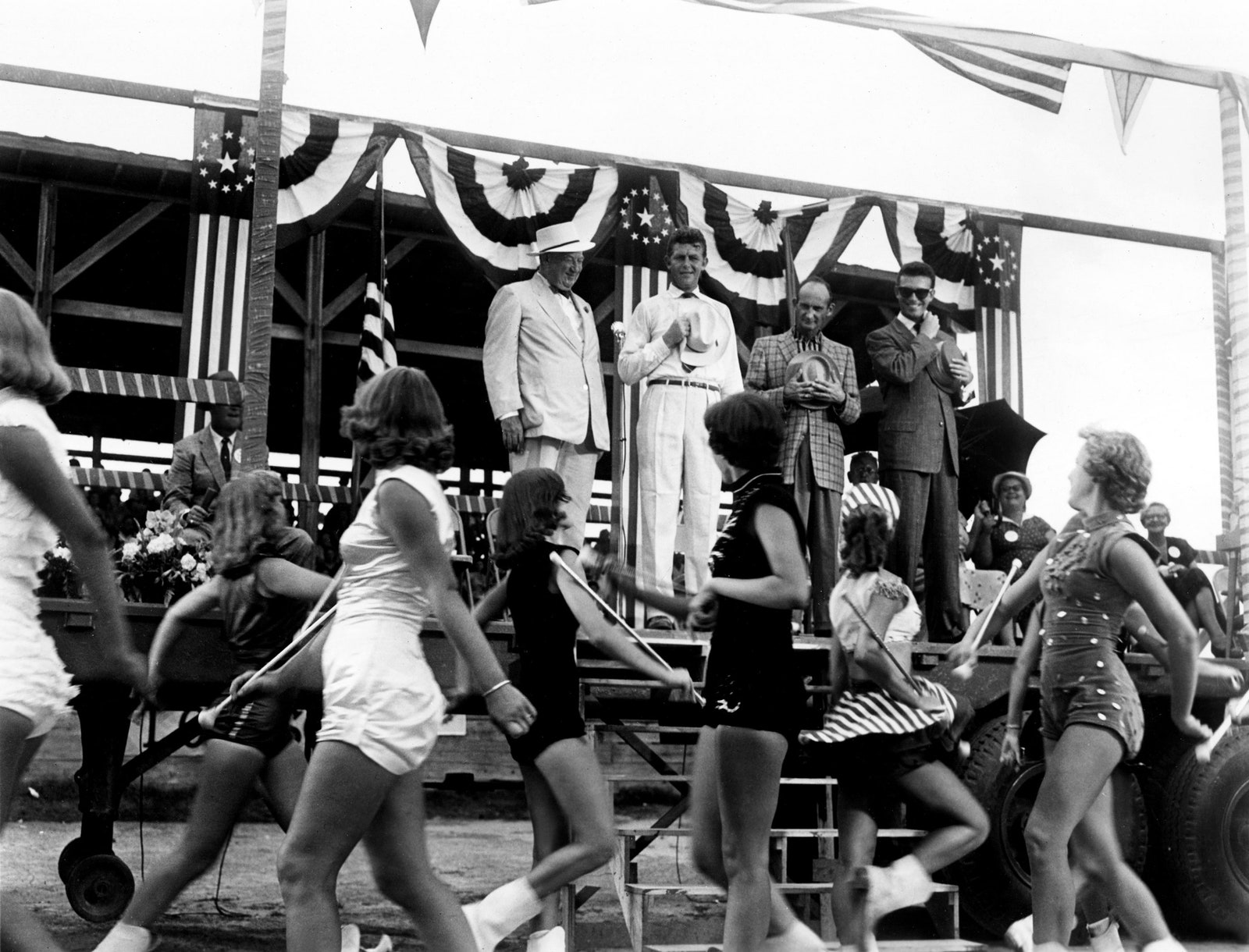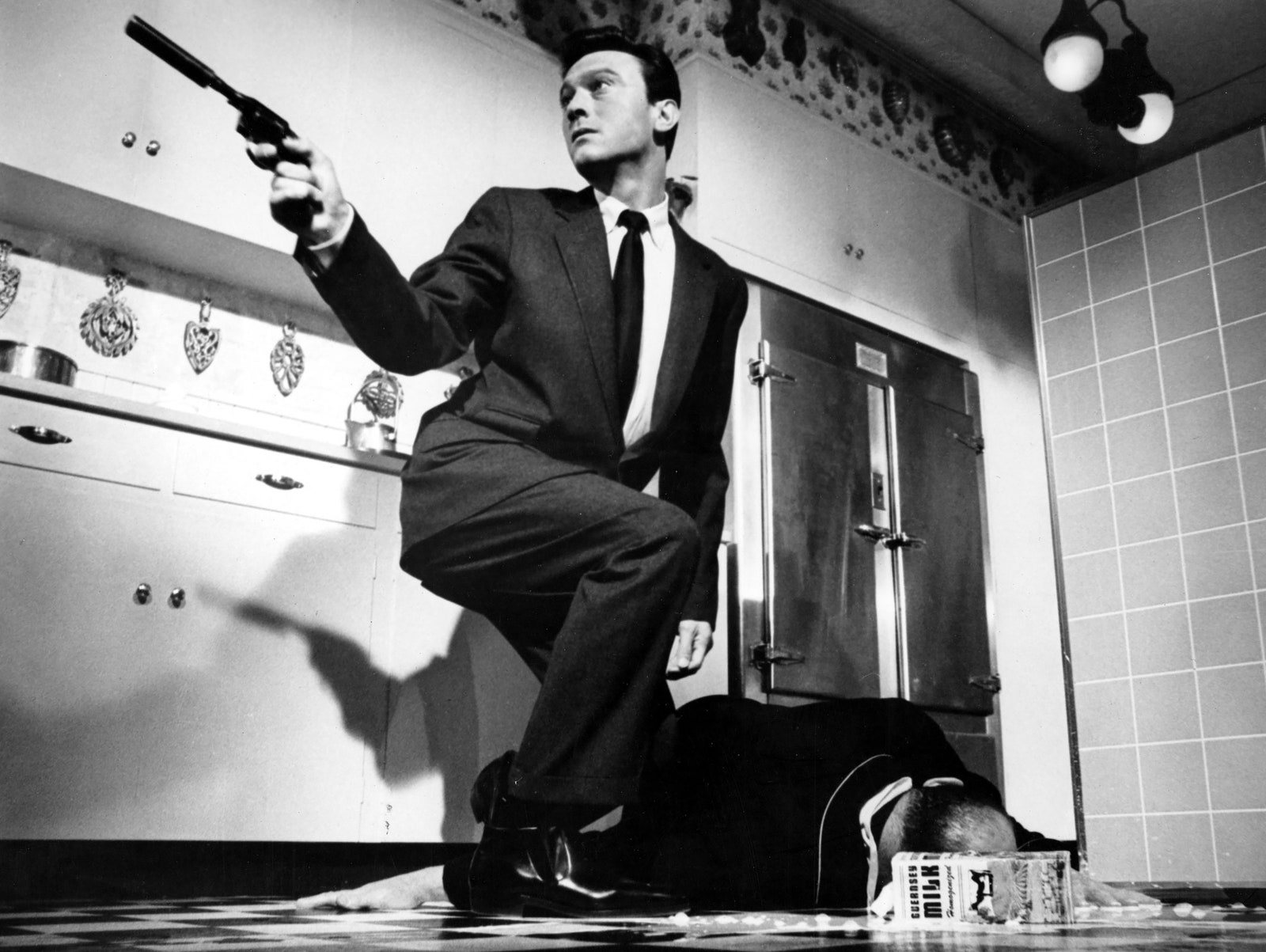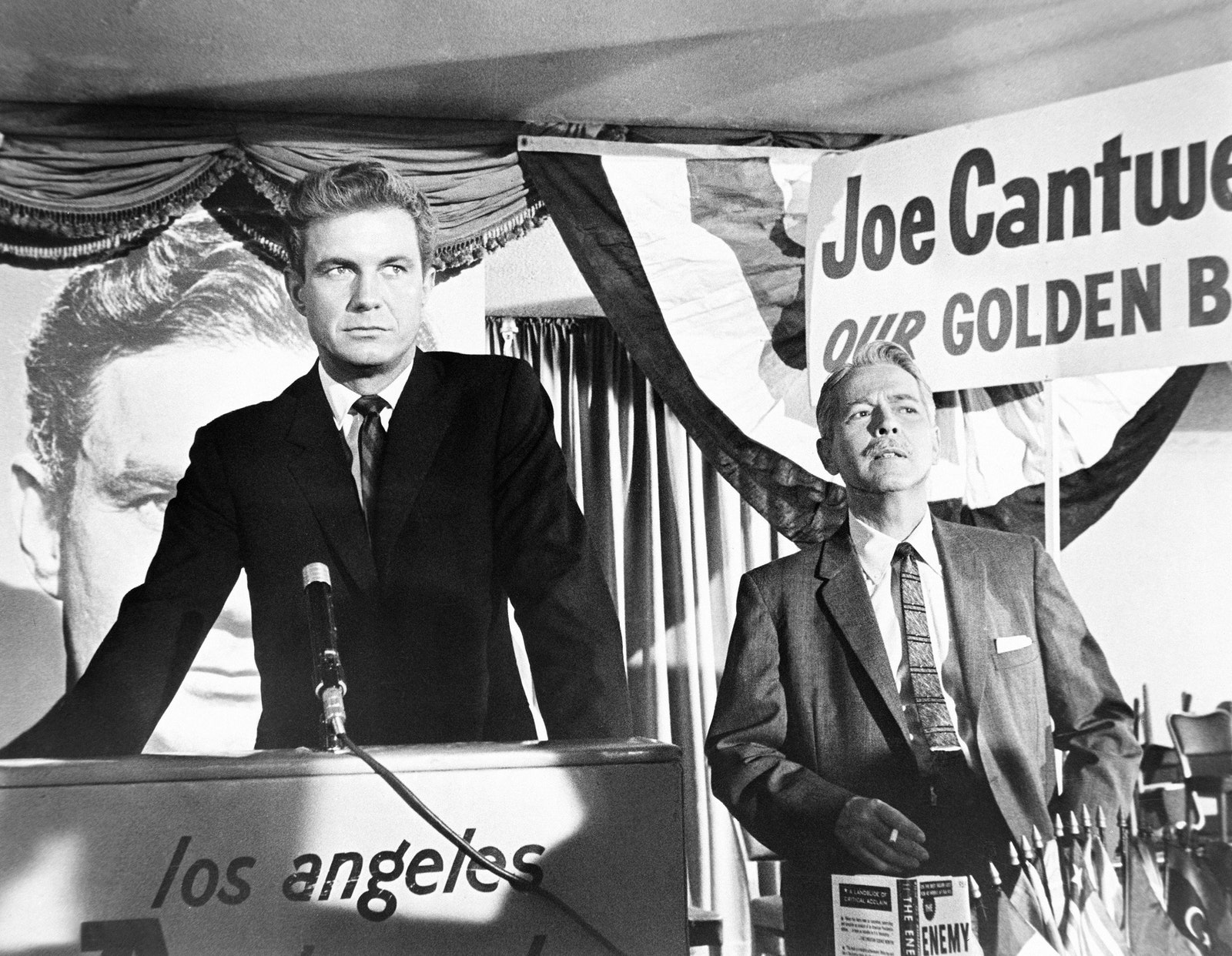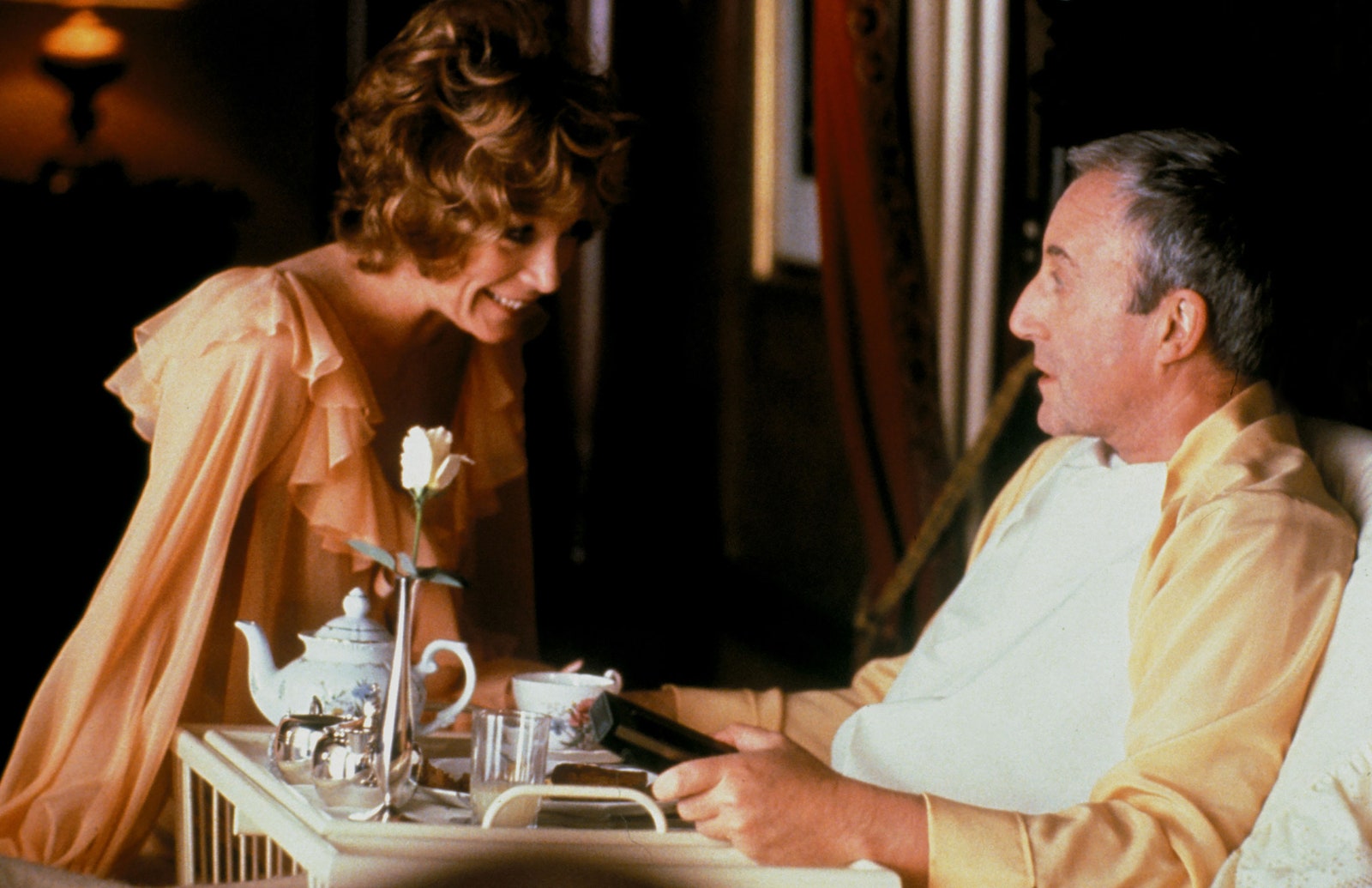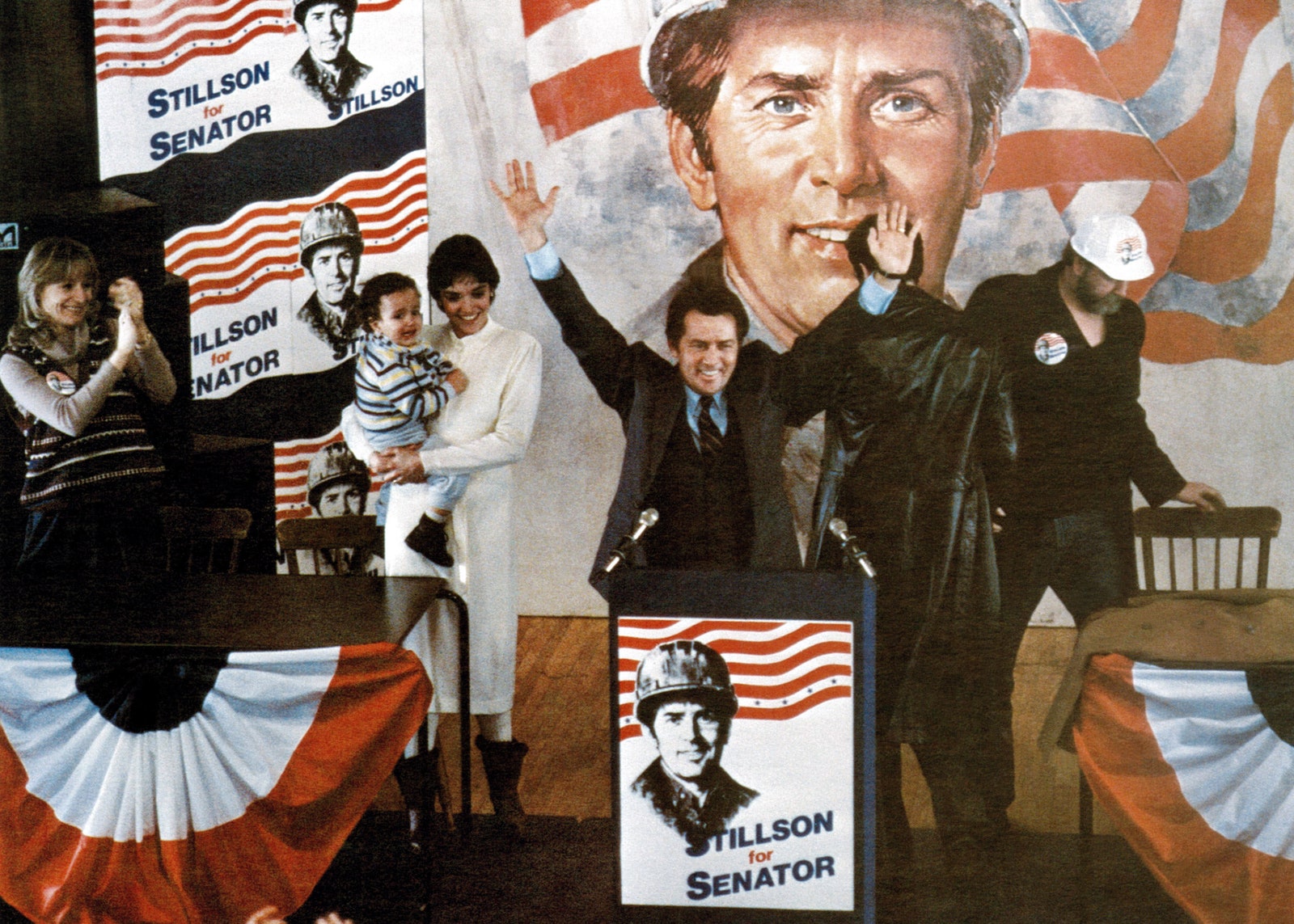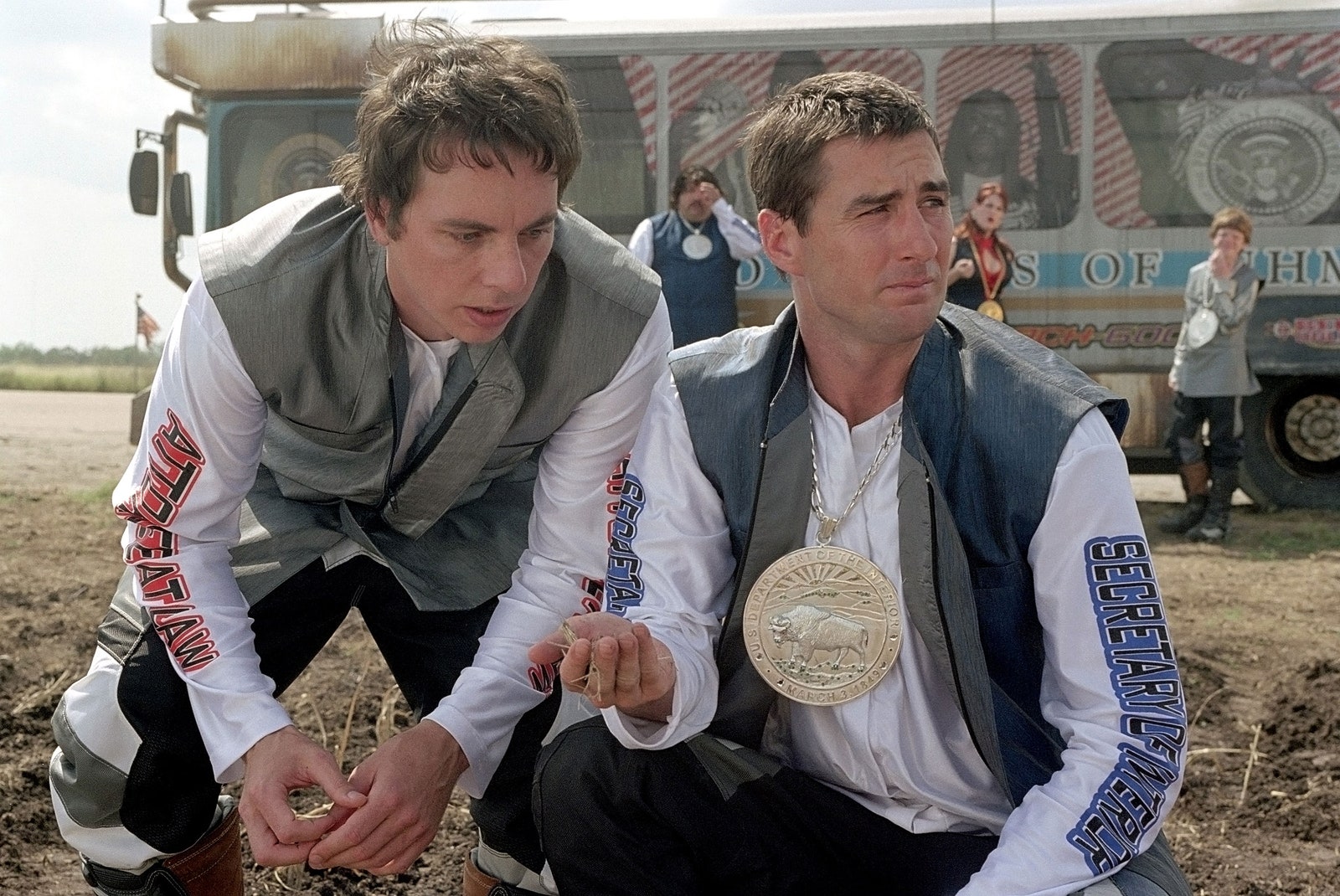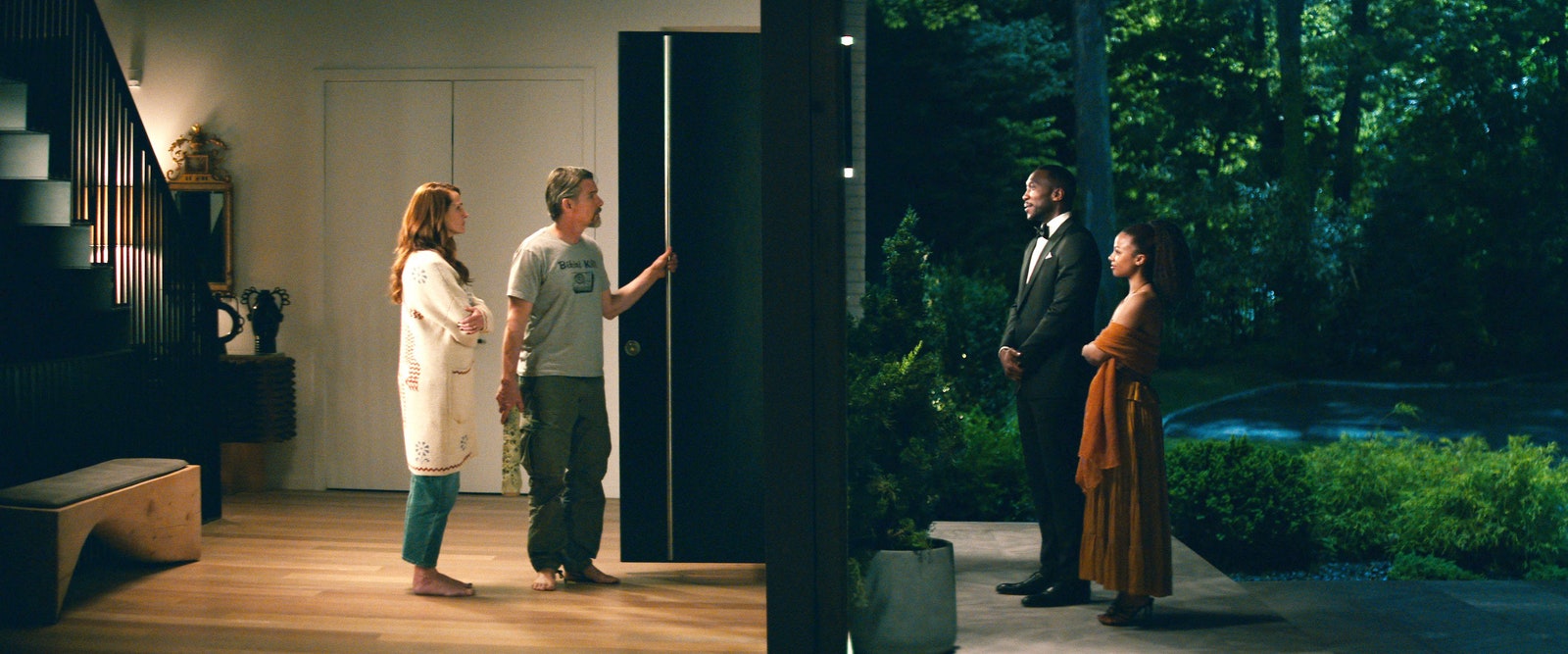Movies have a long history of speaking to political apprehensions. Recent films have sought to capture the divisiveness on display heading into this year’s election, but for those with their hair on fire about the prospect of another Donald Trump presidency, the most potent scenarios can be found in cinematic classics—unnervingly prescient in different ways—from the 20th century.
Granted, the modern era has given us plenty of films that address political unease. Don’t Look Up, Netflix’s dark satire about an asteroid on a collision course with Earth, reflected the head-in-the-sand approach to climate change, and Civil War worked well enough as a thriller, without explaining nagging details like how Texas and California could wind up on the same side of anything.
A more telling, still timely collection of films came into being during the Cold War, including projects that dealt with a media personality’s powerful sway over his audience, a Soviet sleeper agent infiltrating presidential politics, a ruthless demagogue’s quest for the White House, gullible media turning a simple-minded man into a political powerhouse, and the dangers associated with giving the wrong person access to the nuclear codes.
These movies foresaw threats from the wrong people—either malevolent or merely ill-equipped—rising to power, informed by the specter of McCarthyism and Senator Joe McCarthy’s tactic of branding his opponents as communists, which remained close in the rearview mirror. Although set long before our social-media-drenched age, they contain dialogue that resonates in the present news cycle, while identifying the media’s (and by extension, the public’s) blind spots that persist to this day, including the struggle to separate public images and what we see on TV from the individuals behind them.
Here’s a look at seven movies that haven’t aged as badly as we might have hoped they would. Unless otherwise noted, they’re all available to rent via Amazon’s Prime Video—assuming, that is, you actually possess the stomach and grit to brave viewing them between now and Election Day.
Face in the CrowdFrom the Everett Collection.
A Face in the Crowd (1957)
Before becoming a genial TV star, Andy Griffith made an unexpectedly effective bad guy in director Elia Kazan’s way-ahead-of-its-time warning about a folksy TV personality, Lonesome Rhodes, becoming drunk on his media-granted power. Once called “the movie that foretold the rise of Donald Trump” by the Washington Post, the film finds Rhodes calling his fans “sheep,” crowing, “They’re mine. I own them. They think like I do. Only they’re more stupid than I am, so I got to think for them.” The similarity to Trump’s boast that he could “stand in the middle of Fifth Avenue and shoot somebody, and I wouldn’t lose any voters” is more stunning coming during the black-and-white infancy of television.
The Manchurian CandidateFrom the Everett Collection.
The Manchurian Candidate (1962)
A Soviet-controlled senator makes a bid for the White House in this unnerving thriller starring Frank Sinatra, which achieved a kind of mythic status given an assassination subplot that preceded the death of John F. Kennedy. A deeper strand, though, features a Communist scheme to dismantle the United States from within and this memorable observation about the aforementioned candidate from another senator to his wife (a dazzling Angela Lansbury), who’s the real power behind the throne: “I despise John Iselin, and everything that Iselin-ism has come to stand for. I think if John Iselin were a paid Soviet agent, he could not do more to harm this country than he’s doing now.”
The Best ManFrom the Everett Collection.
The Best Man (1964)
Henry Fonda battles a ruthless Communist-baiting demagogue (Cliff Robertson) for their party’s presidential nomination in this film adapted by author Gore Vidal from his play of the same name. Although the contenders grapple with potential sex scandals and the disclosure of a nervous breakdown, the most lingering exchange involves Fonda’s principled, inherently decent character delivering this devastating appraisal of his rival: “You have no sense of responsibility toward anybody or anything. And that is a tragedy in a man, and it is a disaster in a president.”
Being ThereFrom United Artists/Everett Collection.
Being There (1979)
Peter Sellers should have been knighted strictly for his performance as Chance, a simple-minded gardener who stumbles into the halls of power, in this provocative yet very funny satire. This film features many memorable lines, but it’s hard to top the Black woman who raised Chance saying, as she watches him being treated like a financial guru on TV while spouting “gobbledygook,” that “all you’ve gotta be is white in America to get whatever you want.”
The Dead Zone.From Paramount/Everett Collection.
The Dead Zone (1983)
Christopher Walken starred as a man who develops the ability to see the future of anyone he touches in this understated Stephen King adaptation—one of the very best based on his works. The plot hinges on the character meeting a future president (Martin Sheen) who sees initiating nuclear war as his “destiny,” raising the question of what he can do to stop him.
IdiocracyFrom 20th Century Fox/Everett Collection.
Idiocracy (2006)
A flop when it was released, this science fiction comedy went on to gain cult status with its skewering of where anti-intellectualism and wanton consumerism can lead. Ordinary-guy Luke Wilson awakens 500 years in the future to discover that, thanks to humankind’s collective descent, he’s now the smartest person in the world, and the inevitable choice to become its leader.
Leave The World BehindCourtesy of Netflix.
Leave the World Behind (2023)
Arguably the best in a wave of modern apocalyptic thrillers, this film directed by Mr. Robot’s Sam Esmail focuses on two families isolated from the world in the face of a massive power and communications outage. Julia Roberts and Mahershala Ali star in a movie executive-produced by Higher Ground Productions (Barack and Michelle Obama’s production company) that owes a debt to the paranoid thrillers of the 1970s while adding the 21st-century wrinkle of wondering if an adversary wanted to tear America apart without firing a shot, could they do so just by cutting off internet access, spreading disinformation, and watching the chaos that follows?
All featured products are independently selected by our editors. However, when you buy something through our retail links, Vanity Fair may earn an affiliate commission.

